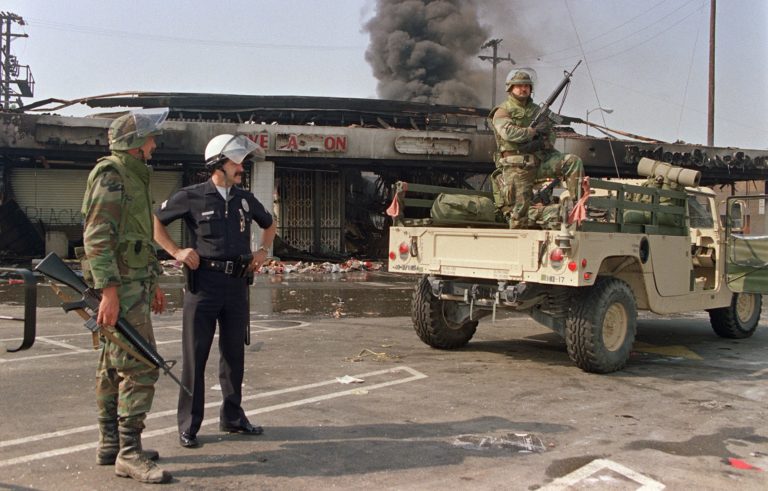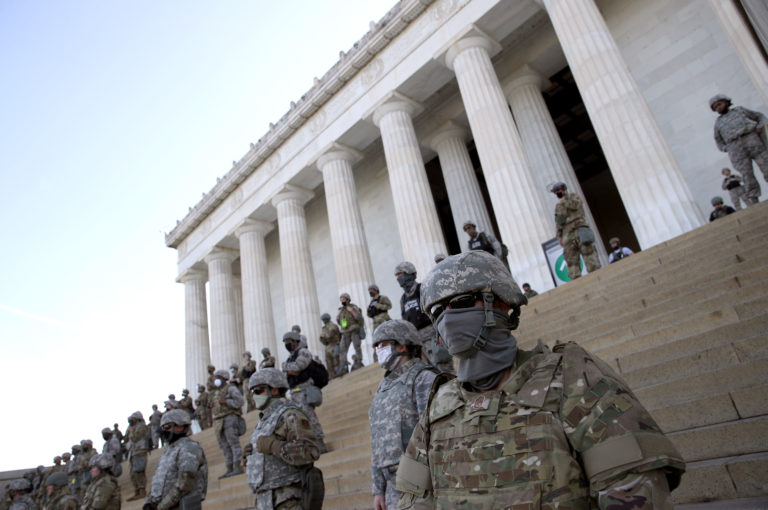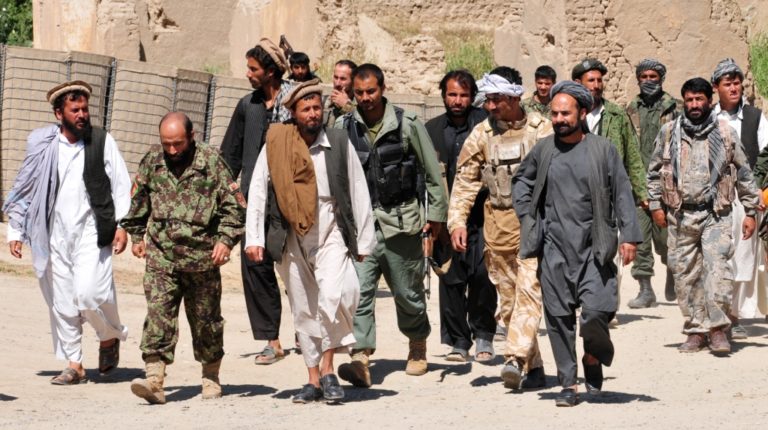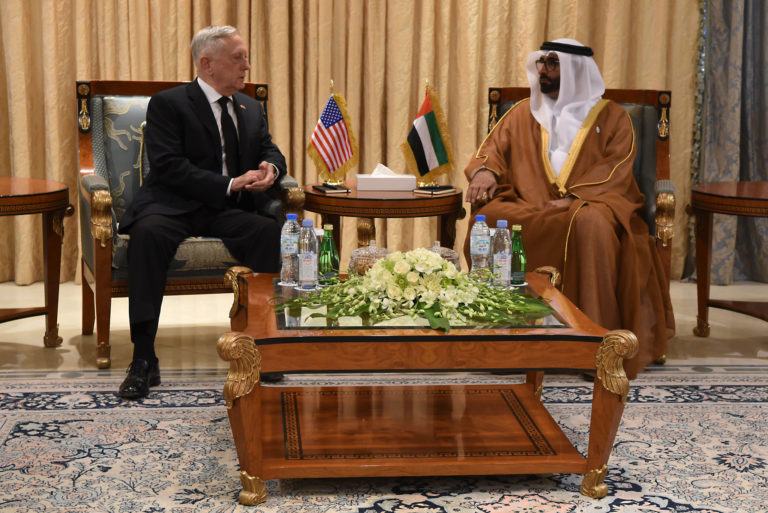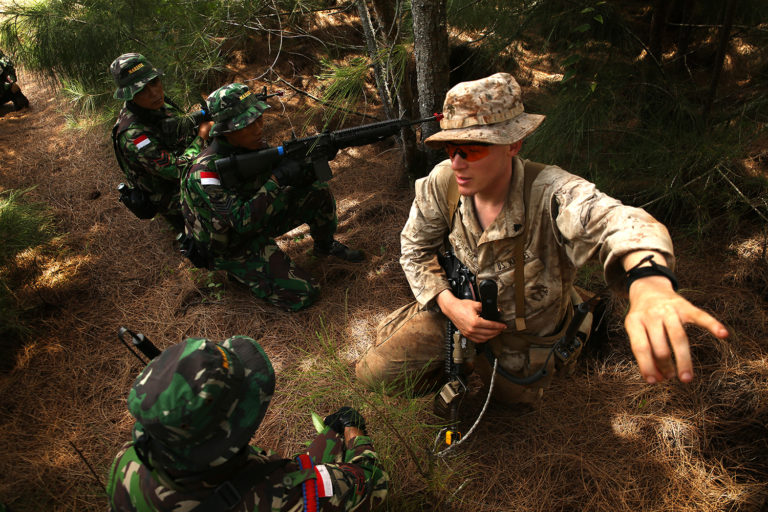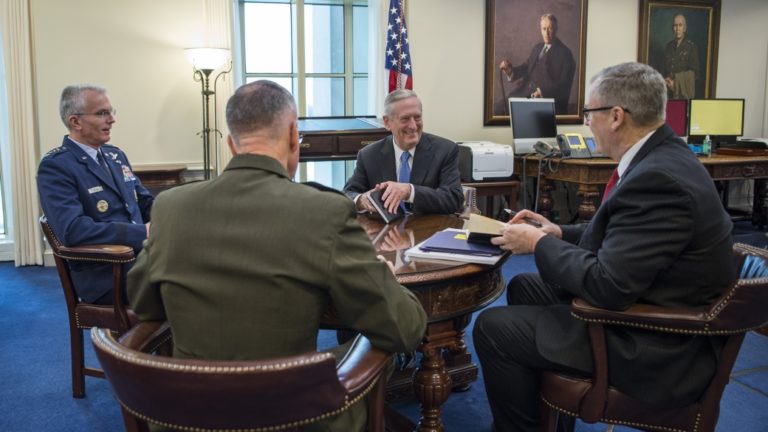Buttressing Institutional Integrity in an Election Year: Federal Force Deployment during L.A. Riots (1992)
The last time a U.S. President invoked the Insurrection Act was in response to the 1992 L.A. Riots. This vignette highlights how federal forces were mobilized to address the unrest in L.A.

